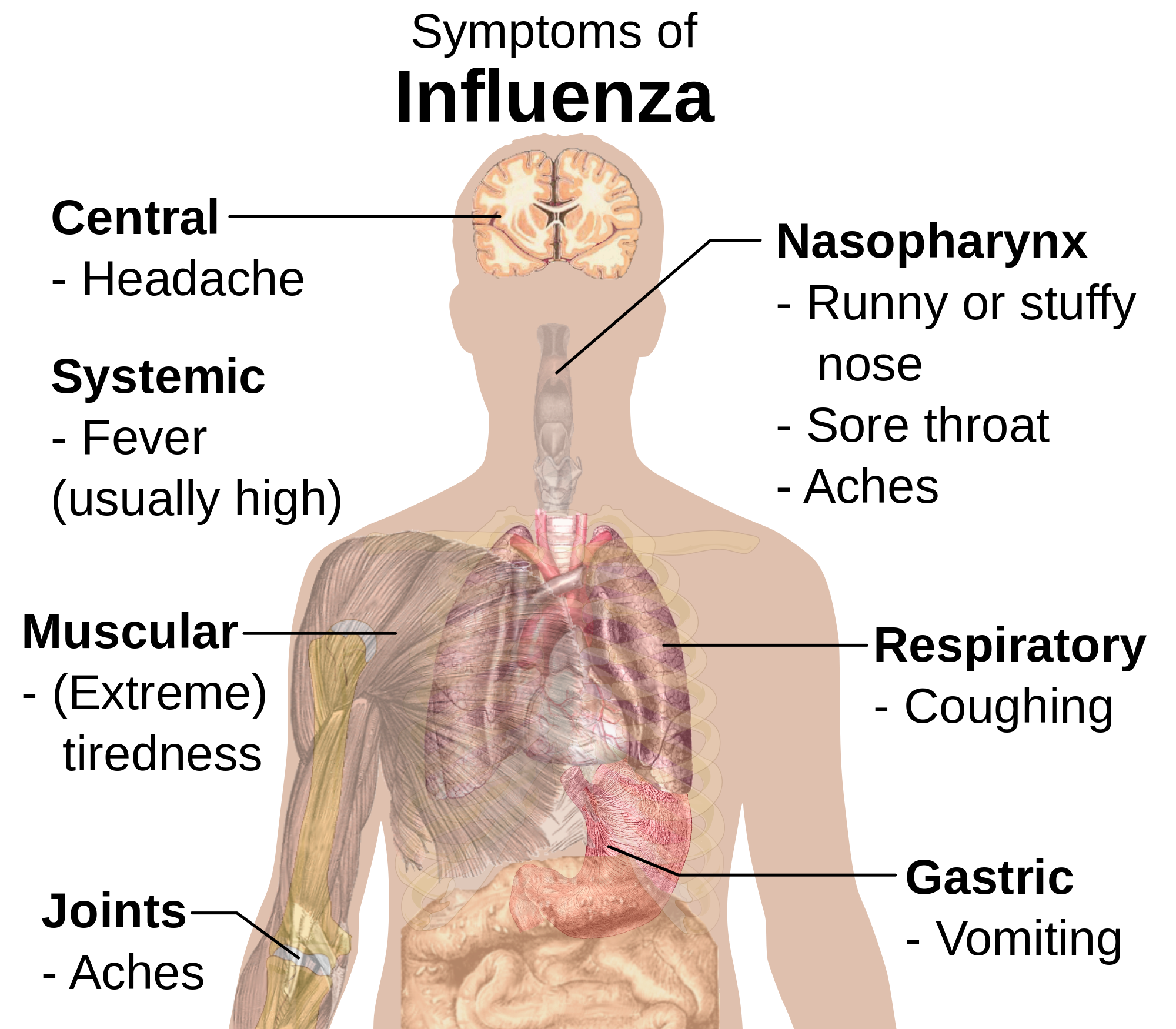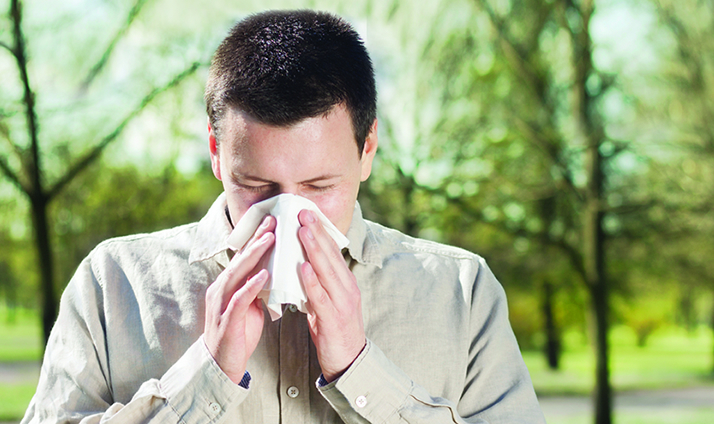A mix of old wives’ tales and internet experts means there are a lot of myths floating around about every topic under the sun. And, because we are more likely to google our symptoms these days, before we head to the doctor or pharmacy, some of those myths get confused for fact. This month, we’re putting a few of those myths about cold and flu to bed!
1. You will get if you get a flu vaccine.
There are so many myths about flu vaccines, we could write a ten page article about them. To make things quicker, we’ve got this handy list:
- You won’t get the flu just because you’ve had the vaccine. The vaccine is designed to reduce the likelihood and severity of you contracting the influenza virus.
- Your immune system won’t be weakened if you get your vaccine every year; your immune system is strengthened by it. The reason we require annual vaccination is that a person’s immune protection from vaccination declines over time, so an annual vaccination is needed to get the “optimal” or best protection against the flu.
- Vaccine ingredients are not dangerous! Everyone from egg intolerant people to pregnant women can get a flu vaccine.
- Thousands of people die from the flu every year, but there are no confirmed deaths from getting a vaccine.
- There is no proven link between Alzheimer’s and the flu vaccine or any other disease.
2. The flu is just a bad cold.
Certainly not true! While colds and the flu may have similar symptoms and are both viral in nature. The flu is caused by a completely different virus (the influenza viruses A and B), and the symptoms are more severe and tend to last longer than a cold. The flu is a respiratory infection that can be a serious disease in some people, and its complications (e.g. pneumonia) can be life-threatening. Flu symptoms will usually be at their worst after 2–3 days and will generally last for 5–8 days. However, some of the symptoms of flu (e.g. a cough and tiredness) can last for about 2–3 weeks.
3. You can get the flu by going out in cold weather without warm clothing or with wet hair.
It may be uncomfortable, but getting cold isn’t what causes a cold or the flu. You need to come in contact with the virus to contract the cold or flu. Did you know, you could be one of the 20-30% of people carrying the virus without symptoms…yet?
4. Feed a cold, starve a fever.
We all love a good excuse to eat a little more when we’re feeling a bit sorry for ourselves. But on this occasion, that extra food isn’t needed. Whether you have a cold or the flu, you just need to make sure you are getting enough rest, keeping warm, and drinking plenty of water and non-alcoholic fluids. This will help prevent dehydration. Rest is important if you have the flu because it helps your immune system fight the infection and make you feel better.
 5. Antibiotics are the best option for getting rid of the flu.
5. Antibiotics are the best option for getting rid of the flu.
You may have seen many ads recently from NPS MedicineWise as they campaign to help everyone understand how antibiotics work. Not only should you follow directions from your doctor and pharmacist and finish the whole course, but you certainly don’t need antibiotics for a virus. Flu (or influenza) is caused by viruses, not bacteria, so antibiotics won’t help. Antibiotics do not kill viruses. Using them for a cold or flu can contribute to the antibiotic resistance, which you can read about here.
6. The flu is only bad if already have an underlying condition.
Protecting yourself from getting the flu will also protect others from being infected. While the flu can lead to serious infection or complications for some people, it can hit even effect the healthiest person. The vaccine is recommended for anyone older than 6 months who wants to be protected from getting flu.
7. You need plenty of Vitamin C to get rid of a cold.
There is no conclusive evidence that taking Vitamin C will prevent or get rid of a cold or the flu.
8. Avoid dairy when you have a cold or flu.
Phlegm is a pain and, if at all possible, we try to avoid increasing production, which means we tend to steer away from dairy products when we have a cold. Not to worry though, dairy doesn’t increase phlegm production, it just might make it a bit thicker. Some medical practitioners even recommend dairy products like ice cream (yes!), milk, yoghurt and cream-based soups because they are often soothing on a sore throat and they provide much-needed calories you may miss out on because your appetite is gone.
9. A cold can turn into the flu.
Colds and flu are caused by different viruses, so one can’t morph into the other. The similar symptoms are what can confuse people.
10. I’ll just sweat all the toxins out and get rid of my cold!
Sorry, this one is bogus too. Sometimes our bodies will develop a high temperature (fever) to get rid of an illness, but heating up with exercise won’t actually help.
Test your knowledge of cold and flu with this month’s Brain Tweezers!
Sources:
SIRCPPK205 – Assist customers seeking to relieve cough and cold symptoms.
NPS MedicineWise: Influenza (flu) vaccine and Influenza.

